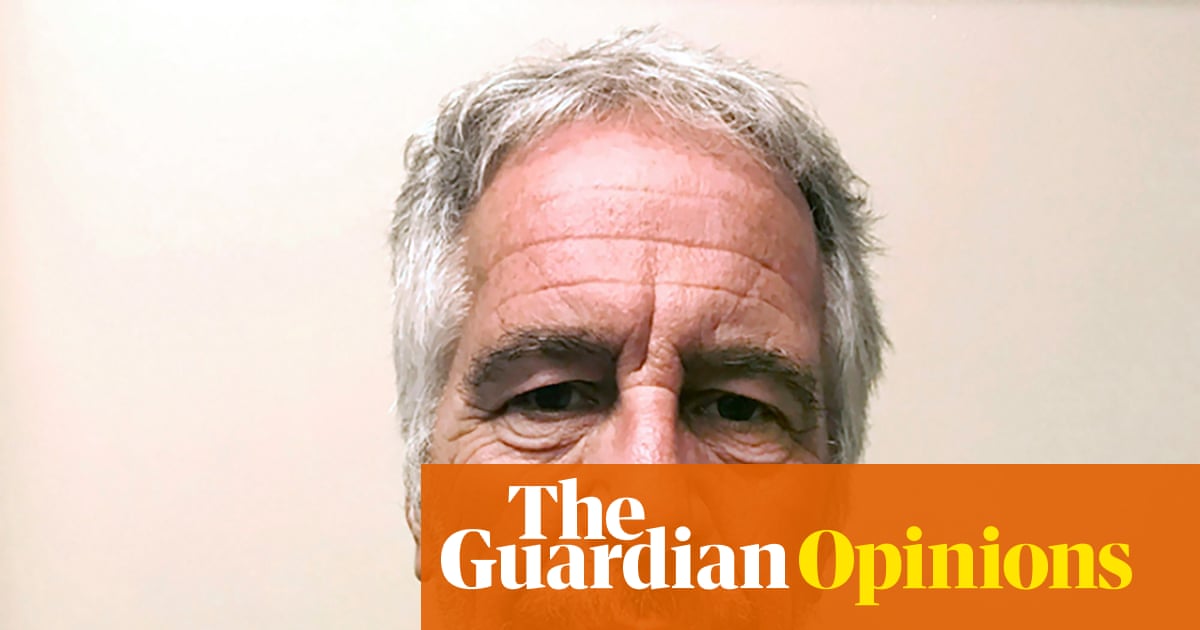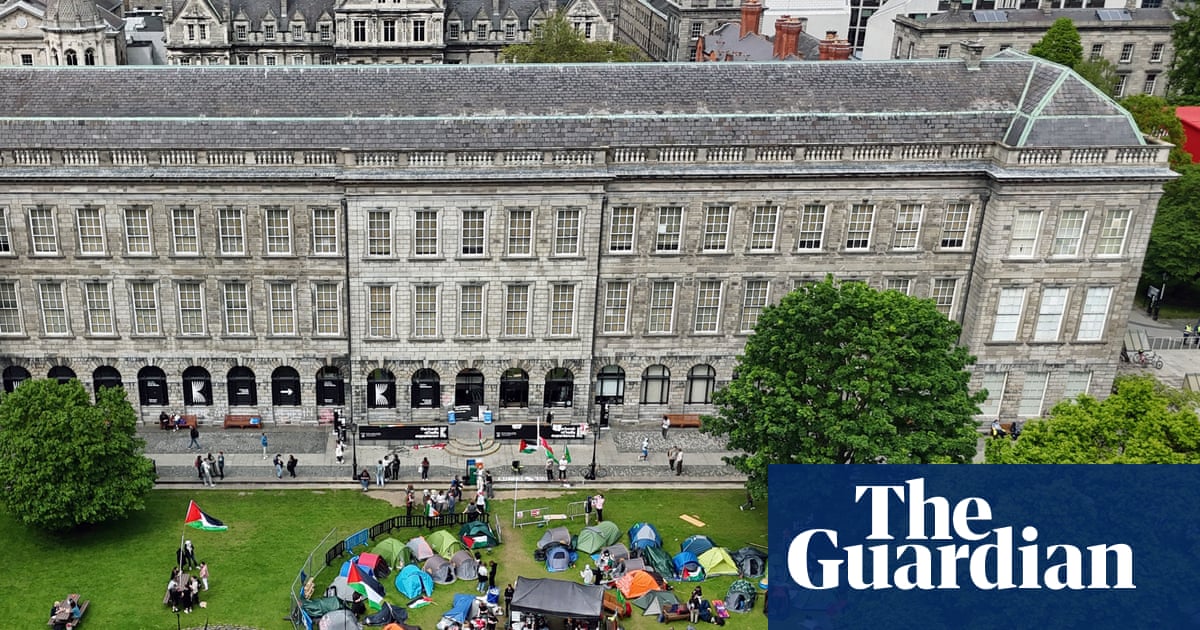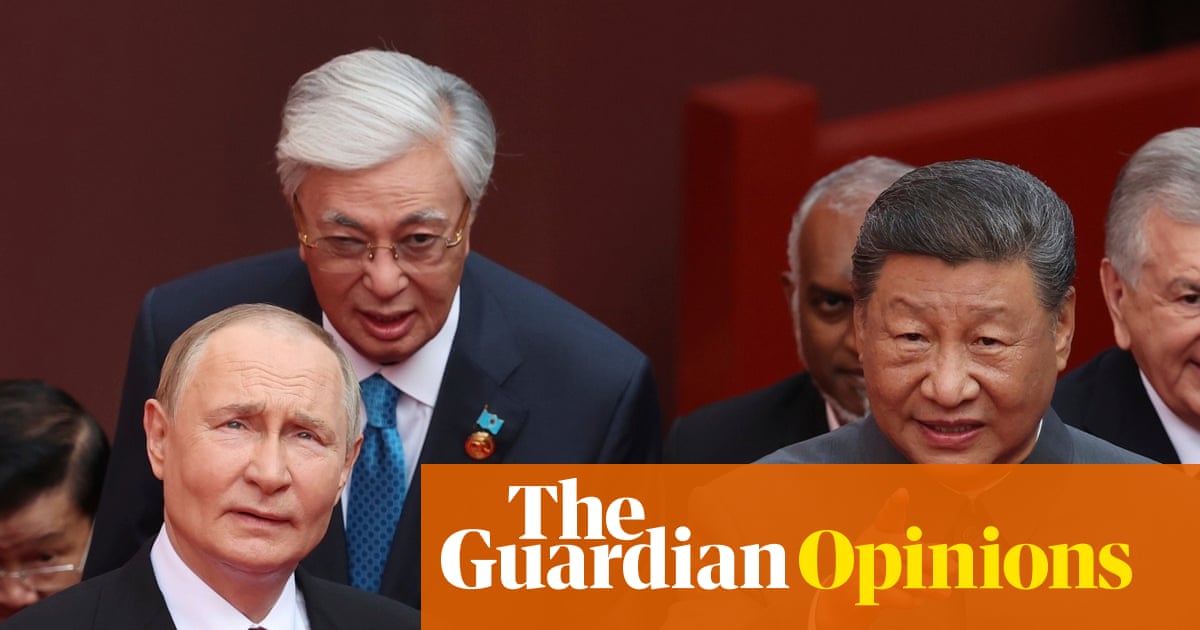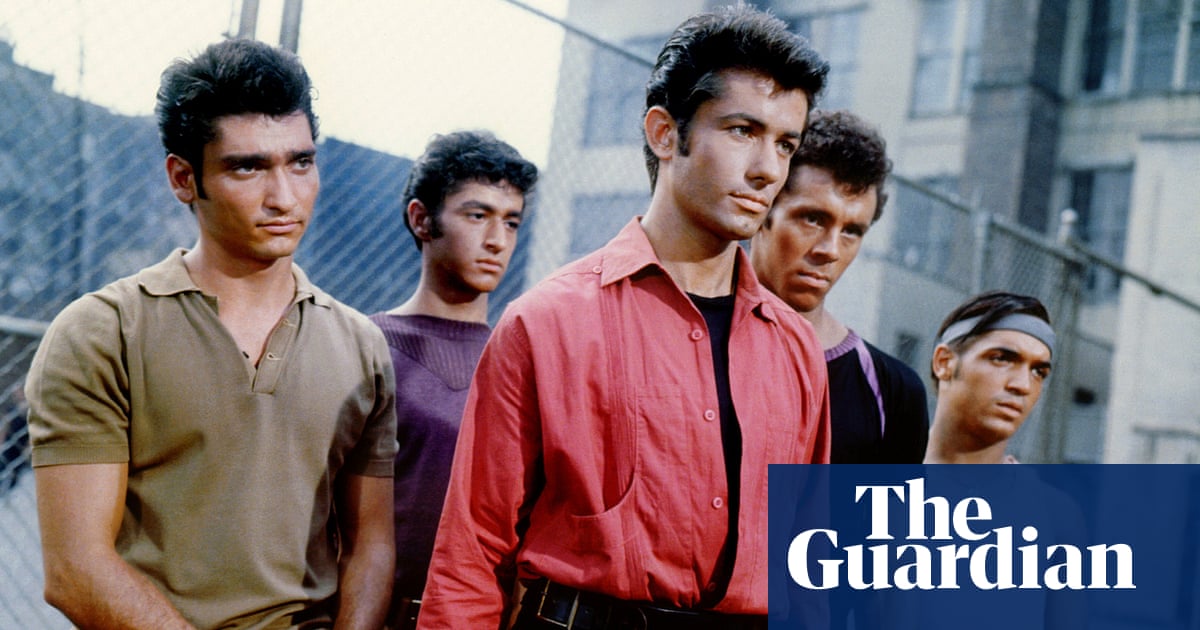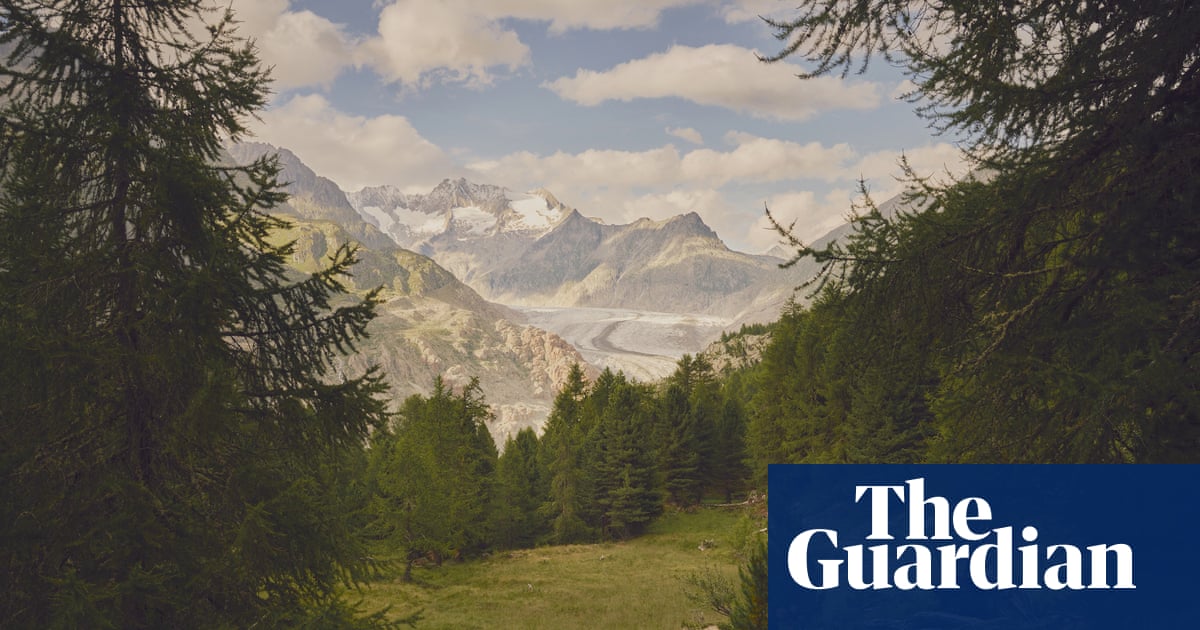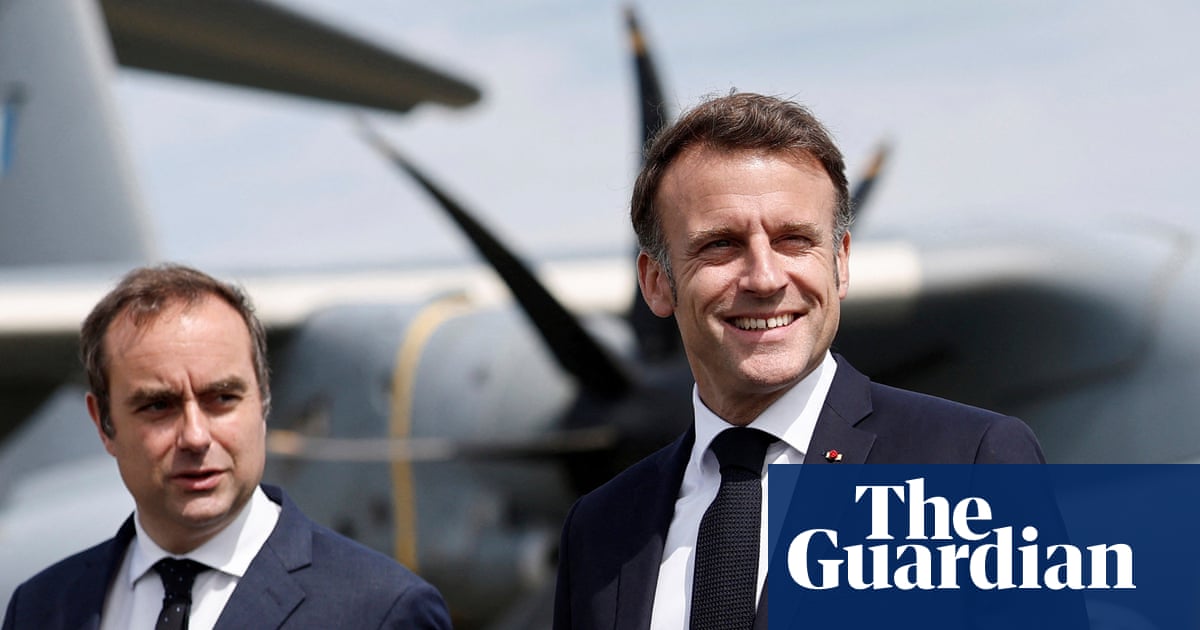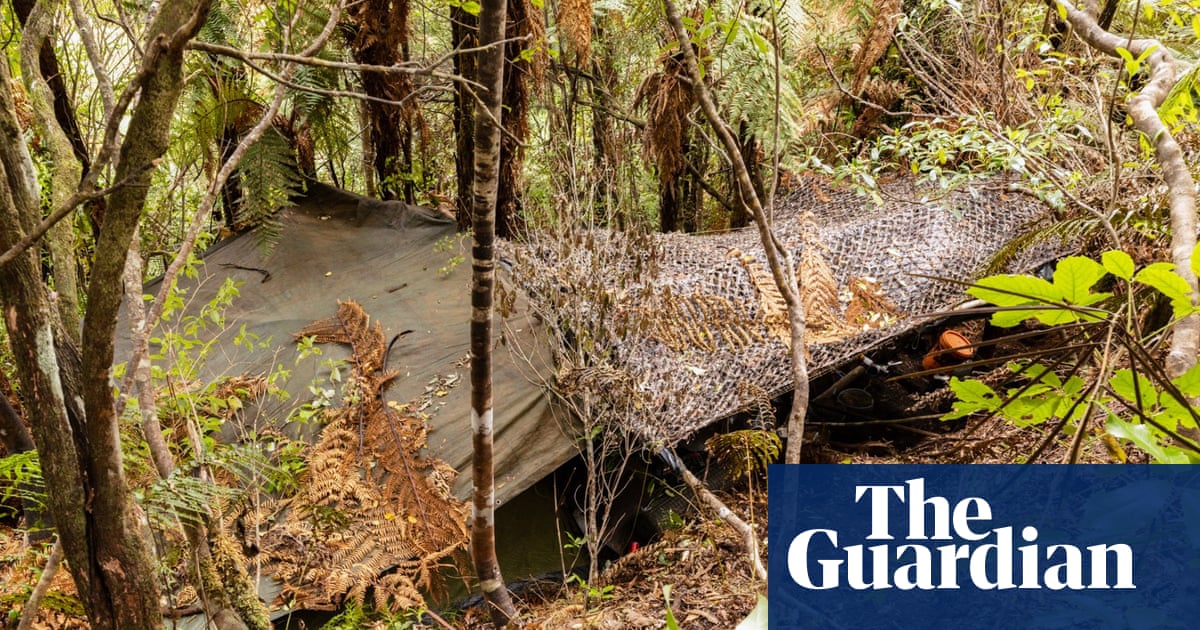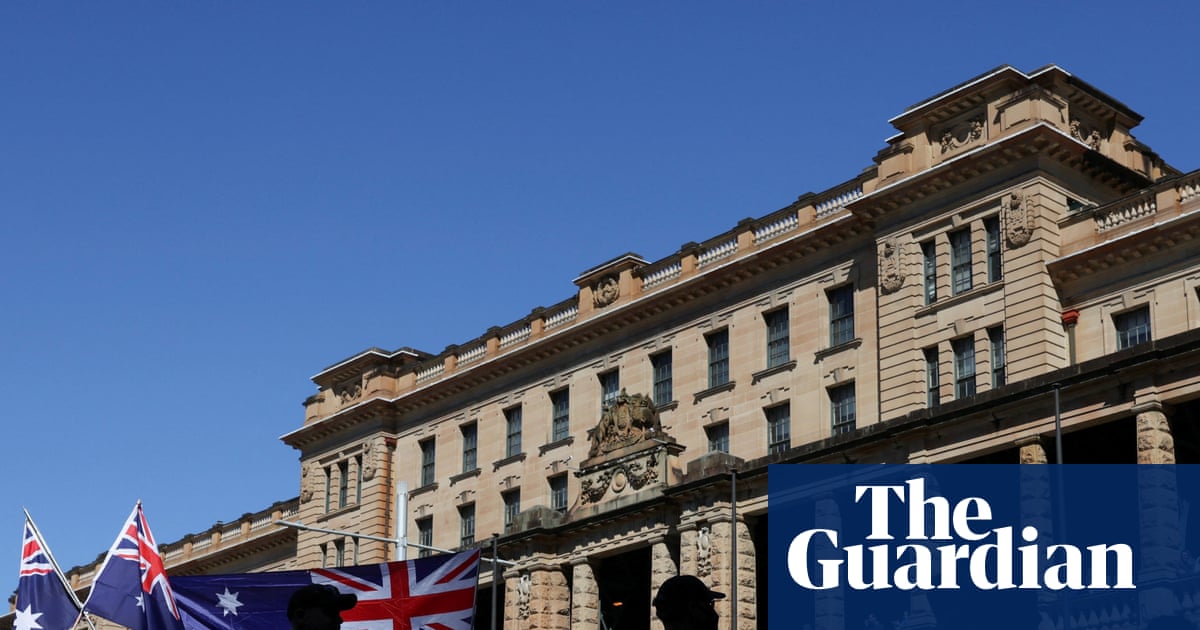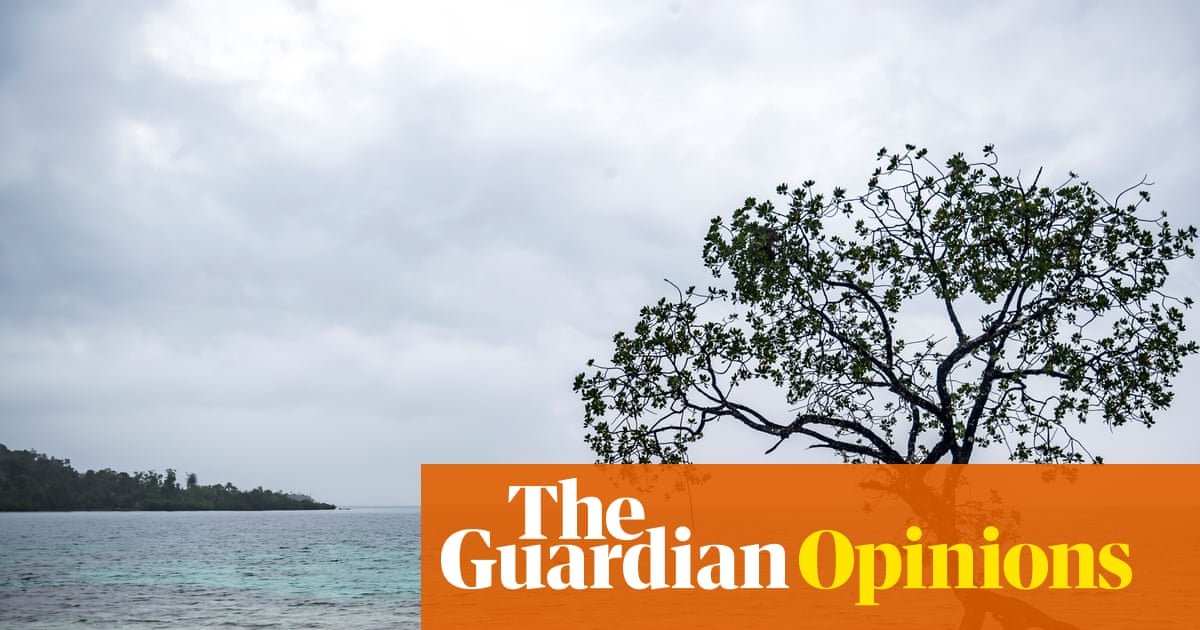Emmanuel Macron has criticised Donald Trump’s threats to take over Greenland as he became the first foreign head of state to visit the vast, mineral-rich Arctic territory since the US president began making explicit threats to annex it.
“I don’t think that’s what allies do,” Macron said as he arrived in the Danish autonomous territory for a highly symbolic visit aimed at conveying “France’s and the EU’s solidarity” with Greenland on his way to a summit of G7 leaders in Canada.
The French president said: “It’s important that Denmark and the Europeans commit themselves to this territory, where the strategic stakes are very high and whose territorial integrity must be respected.”
Trump has said repeatedly the US needs Greenland, which is strategically located at the crossroads between the Atlantic and the Arctic, for US national security reasons, and has refused to rule out the use of force to secure it.
Polls show the vast majority of Greenland’s 57,000 people want independence from Denmark but not to become part of the US. The Danish government has said Greenland “is not for sale” and only Greenlanders can determine their future.
Macron’s six-hour visit was “a signal in itself” and came at the request of both Denmark and Greenland, his office said. It began with talks with the Danish and Greenlandic prime ministers, Mette Frederiksen and Jens-Frederik Nielsen, on a Danish naval frigate.
The French president was also due to visit a glacier to see the effects of global heating, and to discuss how to include Greenland in EU action to aid development while “respecting its sovereignty”. A planned visit to a hydroelectric plant was cancelled.
Macron said before the visit that it was aimed at preventing further “preying” on the territory. In March, the US vice-president, JD Vance, visited the Pituffik US military base on the island, criticising Denmark for not having “done a good job by the people of Greenland” and alleging Copenhagen had neglected the territory’s security.
Pituffik, on the shortest route for missiles fired from Russia at the US, is essential to Washington’s missile defence system; while Greenland’s strategic importance has risen amid a race for rare earths and as melting ice opens up new shipping routes.
The US defence secretary, Pete Hegseth, last week appeared to acknowledge that the Pentagon had developed plans to take over Greenland by force if necessary but refused to answer repeated questions about the subject at a congressional hearing.
The Wall Street Journal reported last month that agency officials under the US national intelligence director, Tulsi Gabbard, were looking into Greenland’s independence movement and sentiment about US resource extraction there.
Frederiksen made several visits to Paris after Trump’s threats against Greenland, which unlike Denmark is not an EU member but has an association agreement with the bloc. Copenhagen has placed orders for French-made surface-to-air missiles.
Florian Vidal of the Paris-based Ifri thinktank said that for Denmark, long one of Washington’s most loyal allies in Europe, enlisting the support of the EU’s only nuclear power was a way to project hard power towards a suddenly more predatory US.
Vidal said: “The Trump administration’s more aggressive posture makes the French vision of Europe, one that is more autonomous, appear more reasonable for Denmark. From a Nordic point of view, France is a military power that counts.”
Nielsen said in April that US statements about Greenland to date had been “disrespectful” and that the island would “never, ever be a piece of property that can be bought by just anyone”.
He said last week that France’s support had been evident “since the first statements about taking our land emerged” and was both “necessary and gratifying”.

 2 months ago
43
2 months ago
43




